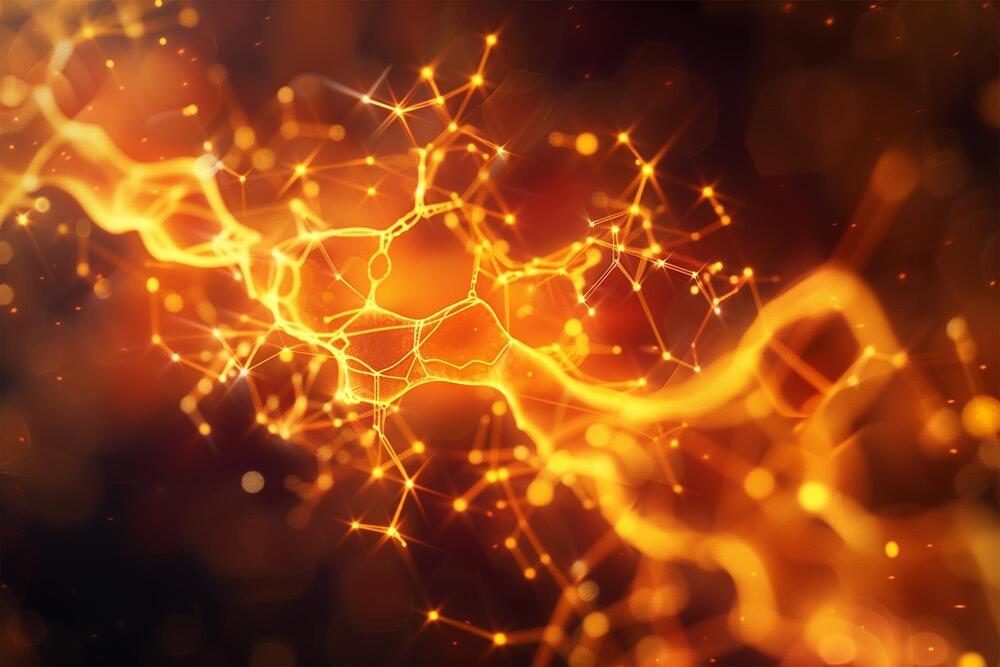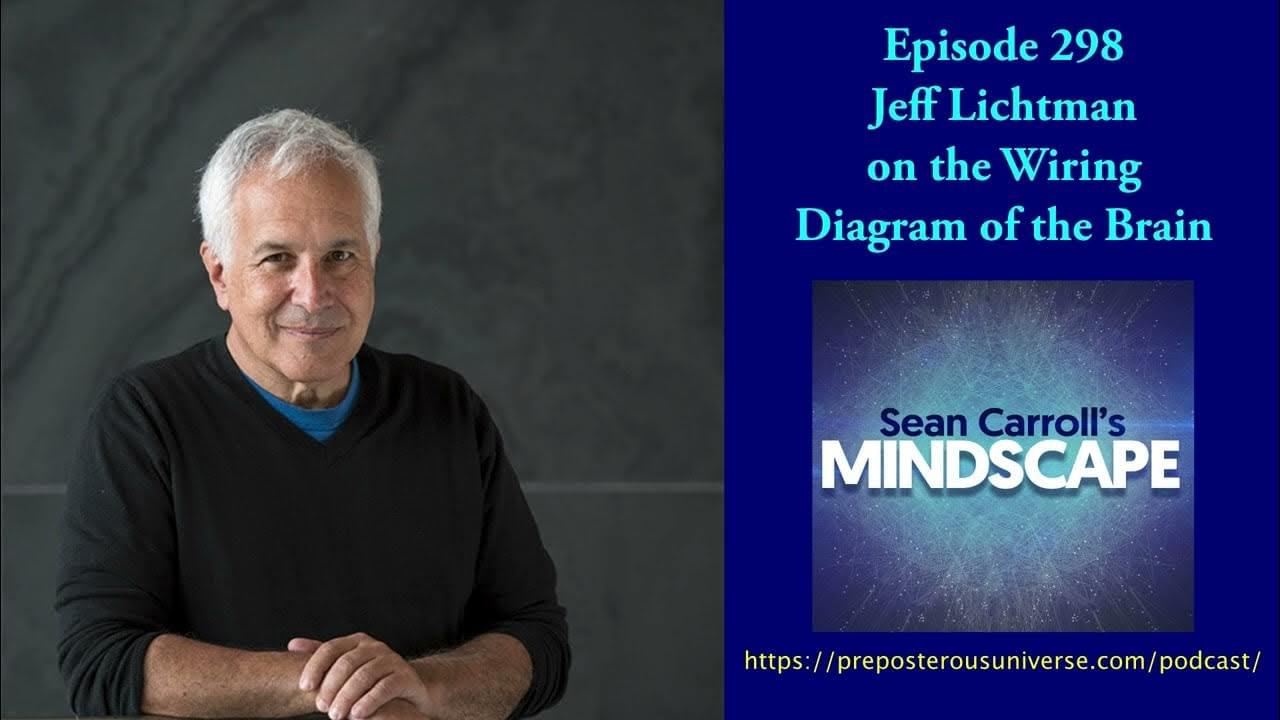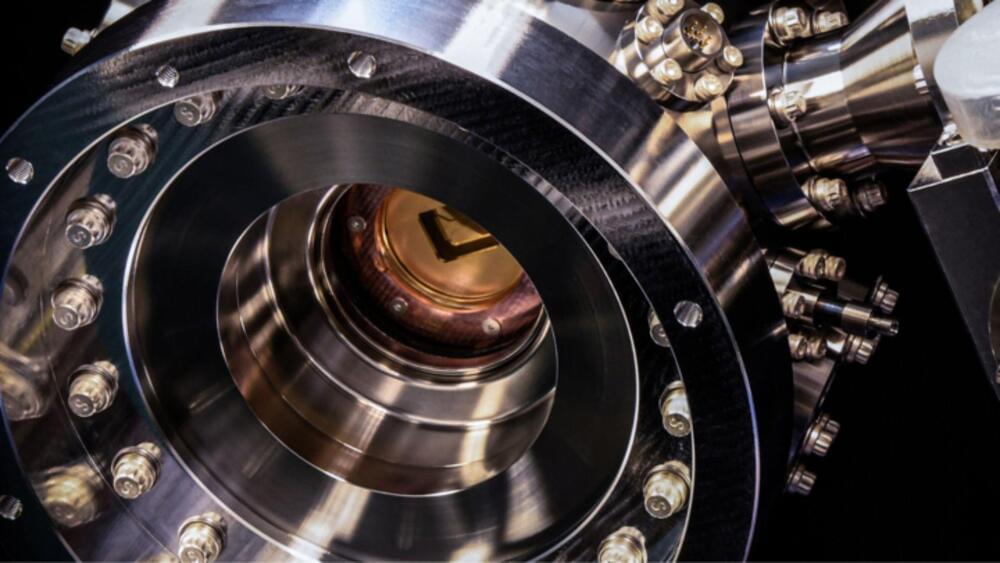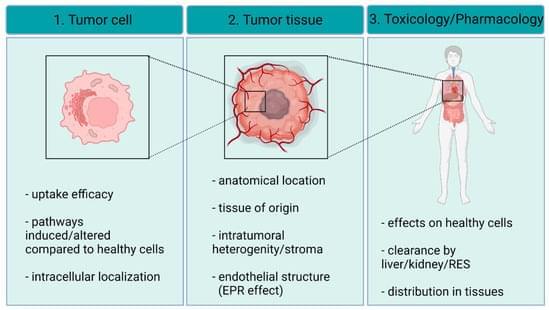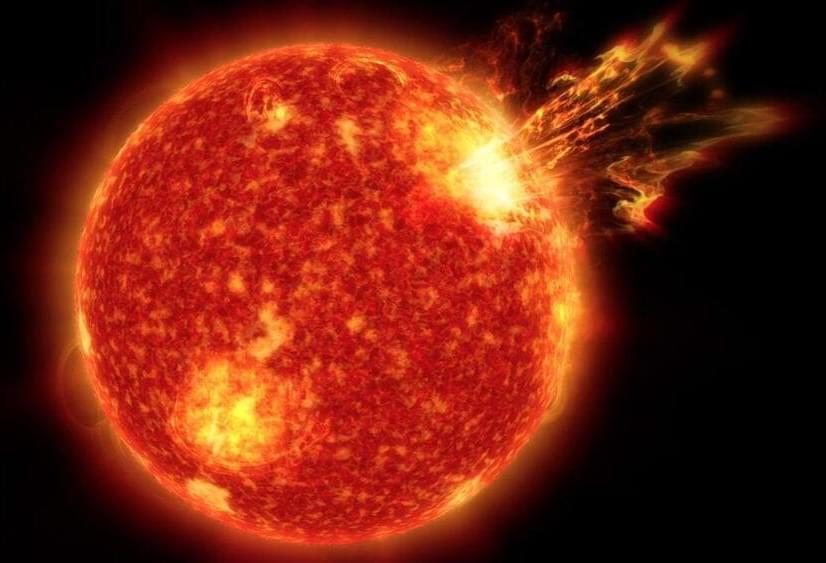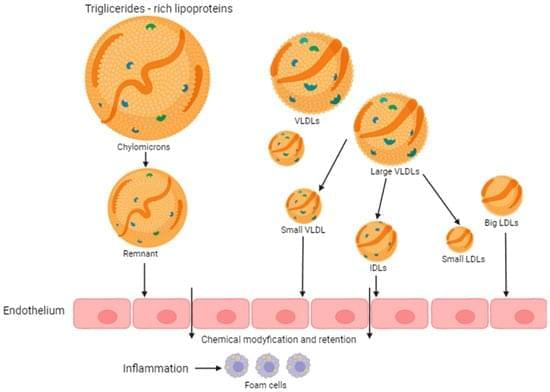Dec 13, 2024
Nano-Switch Discovery: How a Single Hydrogen Atom Powers Life’s Energy Reactions
Posted by Genevieve Klien in categories: biotech/medical, nanotechnology
A new study reveals a ‘nano-switch’ in ferredoxin that affects its electron transfer, which could lead to advancements in sensors and drug development.
Researchers in Japan have discovered a mechanism for controlling the potential of an “electron carrier” protein in the redox reaction that all organisms need to obtain energy. Through experiments, the precise 3D structure of the protein, including hydrogen atoms, was determined, and theoretical calculations using this data visualized the electronic structure of the iron-sulfur cluster.
The results revealed, for the first time, that the electric potential of the iron-sulfur cluster changes dramatically depending on the presence or absence of a single hydrogen atom at an amino acid side chain, a so-called “nano-switch” mechanism. This research, recently published in the journal eLife, not only deepens our scientific understanding of biological reactions but also provides crucial insights for the future development of ultra-sensitive sensors for oxygen and nitric oxide, as well as novel drugs.
